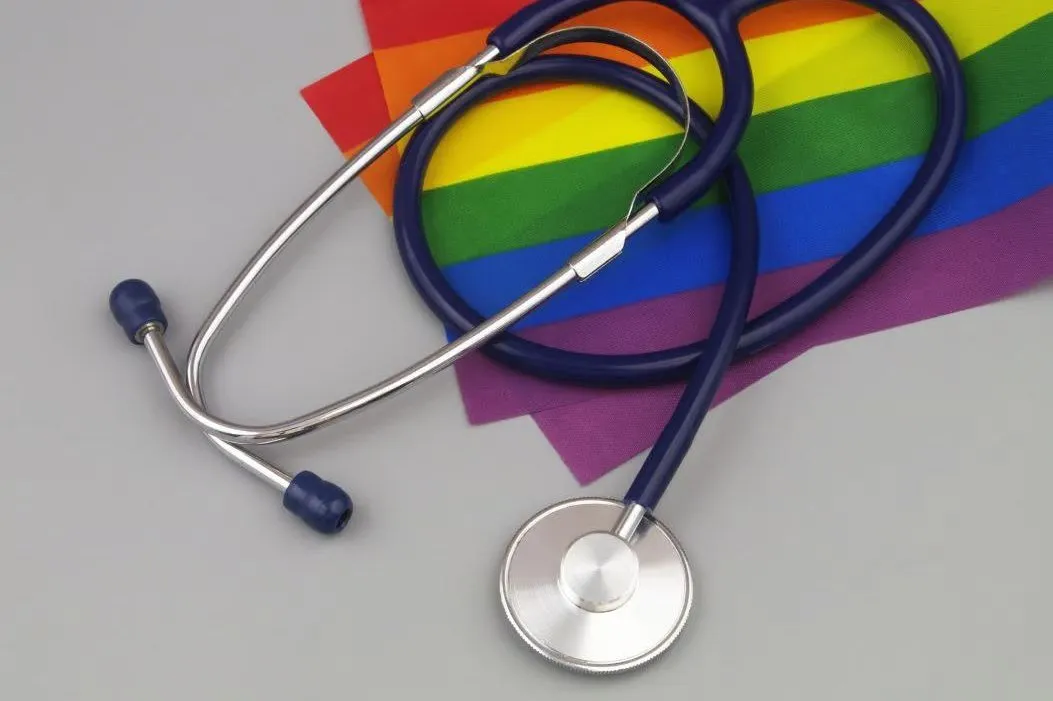Exploring Health Risks Associated with Conversion Therapy for LGBT Individuals

Health risks associated with conversion therapy are substantial, particularly for LGBT individuals. This article delves into the latest research findings indicating how such practices substantially elevate mental health issues among those subjected to them.
Understanding the Risks of Conversion Therapy
If you're unaware, conversion therapy refers to attempts to change an individual's sexual orientation or gender identity. The implications of these practices are severe. Studies have shown that engaging in conversion therapy leads to:
- Increased anxiety
- Higher rates of depression
- Suicidal thoughts and actions
Promoting Mental Health Resources for LGBT Individuals
As evidence mounts, it's imperative to promote supportive environments and mental health resources for the LGBT community. Strategies for fostering improved mental wellness include:
- Supportive counseling
- Community outreach programs
- Awareness campaigns
Protecting the health of LGBT individuals starts with acknowledging these risks and advocating against harmful practices like conversion therapy.
Disclaimer: The information provided on this site is for informational purposes only and is not intended as medical advice. We are not responsible for any actions taken based on the content of this site. Always consult a qualified healthcare provider for medical advice, diagnosis, and treatment. We source our news from reputable sources and provide links to the original articles. We do not endorse or assume responsibility for the accuracy of the information contained in external sources.
This article was prepared using information from open sources in accordance with the principles of Ethical Policy. The editorial team is not responsible for absolute accuracy, as it relies on data from the sources referenced.